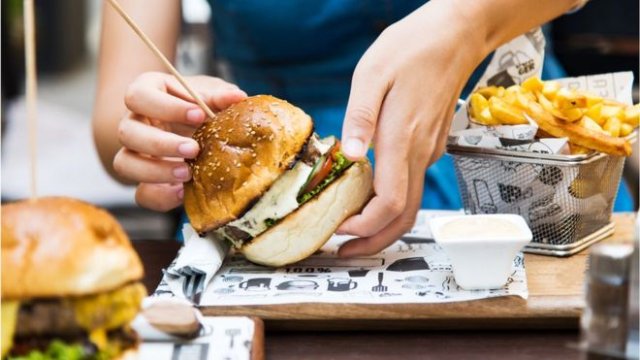1. What is cholesterol
Cholesterol is a type of fat that is produced by the liver. Since it can also be obtained from certain foods like animal and dairy products, people worry about their diet increasing the levels of cholesterol in the body. Cholesterol is often discussed in a bad light, with people harshly critiquing its importance. The truth is that we all require a certain amount of cholesterol in our body to help the cells in producing hormones and digesting fat, although an excess of it may not be a good idea. Excess cholesterol can cause the blood vessels to get narrower or clogged.
2. Good cholesterol vs bad cholesterol
One of the biggest reasons people speak ill of this type of fat is because they are misinformed about its types. LDL or low-density lipoprotein is the cholesterol that is actually bad for the body. This lipoprotein carries cholesterol from the liver into the bloodstream, where it sticks to the blood vessels causing them to become narrow or clogged. HDL or high-density lipoprotein carries ‘good cholesterol’ from the blood back to the liver, where it is broken down, thus creating no problems.
3. What raises cholesterol
Many factors can increase the risk of cholesterol, such as smoking, lack of exercise, age, conditions like obesity and diabetes, and of course, diet. When it comes to food, the worst culprits for a spike in cholesterol are saturated fats found in meat and dairy products, and trans fats found in bakery food like cookies and doughnuts, fast food like pizza and fries, vegetable oils, and snacks like chips and popcorn. Then there are some foods like eggs and cheese which contain cholesterol, although there is debate as to whether they increase bad cholesterol or not.
4. Does chicken raise cholesterol
While the meat associated with raising levels of cholesterol is red meat obtained from animals like goat or sheep, even chicken has come under scrutiny for having a similar cholesterol raising effect on the body. The truth is, chicken by nature has lower cholesterol than any other cut, and lower fat than most cuts. The part of the chicken used for cooking and the method of preparation will determine its cholesterol raising effects. The breast of a chicken has the least cholesterol, followed by the thighs, wings, and legs. Similarly, frying chicken adds the fats from oil, increasing the chances of a cholesterol spike. Grilling, roasting or baking are much healthier options to prepare chicken. Moreover, the skin of a chicken contains a lot of fat, so eating skinless chicken significantly reduces the amount of cholesterol boosting fat.
5. Bottomline
Eating chicken that has been prepared skinless with the addition of minimal ingredients will not increase your levels of bad cholesterol. However, depending on the way you prepare it, your cholesterol level may go up, although it will most likely be nothing to worry about. Therefore, chicken is a safe and delicious dish that you can enjoy without worrying about your cholesterol levels.

